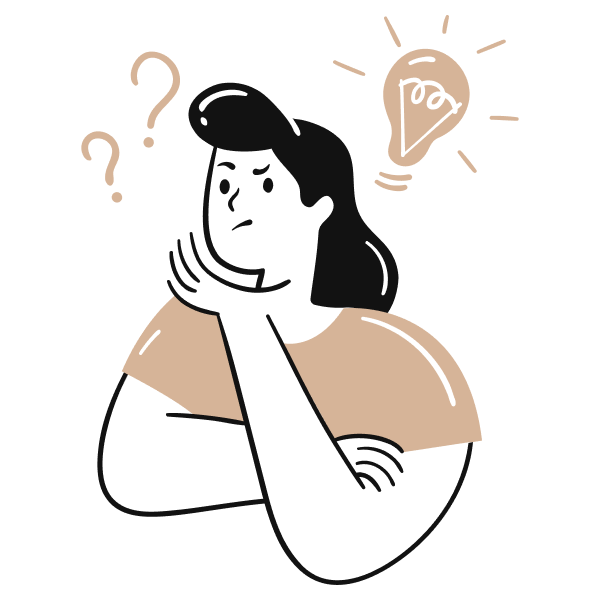When you make a mistake or perform poorly for once, it can be quite hard to remain loving and respectful to yourself. Compassion-focused therapy helps you increase compassion. So you will remain kind to yourself even when things don’t go your way.
In short
- CFT is a form of psychotherapy that focuses on increasing compassion;
- CFT reduces self-criticism and shame, increases self-compassion and it develops a positive, inner dialogue;
- CFT helps people who struggle with feelings of shame, self-criticism and mental health problems;
- CFT is reimbursed when the underlying symptoms belong to a DSM-5-defined mental disorder.
What is compassion-focused therapy?
What is the goal of CFT?
The main goal of CFT is to consciously increase compassion for yourself. This is particularly effective in dealing with painful emotions, shame, guilt and self-criticism. It is useful for reducing anxiety, depression and improving your emotion regulation.
How does CFT work?
You can train your brain. You do this, for example, during a CFT session by visualizing a safe place. By fully imagining this safe place, you stimulate your caring and calming system.
Is CFT right for me?
- Anxieties;
- Burnout;
- Depression;
- Perfectionism;
- Worrying;
- Shame;
- Stress symptoms;
- Trauma;
- Self-criticism;
- Other emotional problems.
Through CFT, you learn to be more understanding of yourself and your emotions so you are more loving toward yourself. It helps you to have compassionate relationships with others and with emotion regulation.
What does CFT look like?
More information about CFT
Do you want to know more about Compassion Focused Therapy and discover if this treatment is right for you?
-
Call can call us at 085-1308900 or contact us online for advice. Together we will see if CFT can be a solution for you.
-
At iPractice, you will work with 2 psychologists. Treatment consists of both online contact and regular consultation room sessions at one of iPractice’s locations. Or find more information about the intake and treatment process at iPractice.
-
CFT is a common treatment to increase compassion consciously.
-
The cost of therapy is reimbursed by most health insurance companies with a referral letter from the general practitioner and if the classification is determined according to DSM-5 guidelines. See which health insurance companies reimburse our care.
-
Read more about finding a suitable psychologist.


 Nederlands
Nederlands
